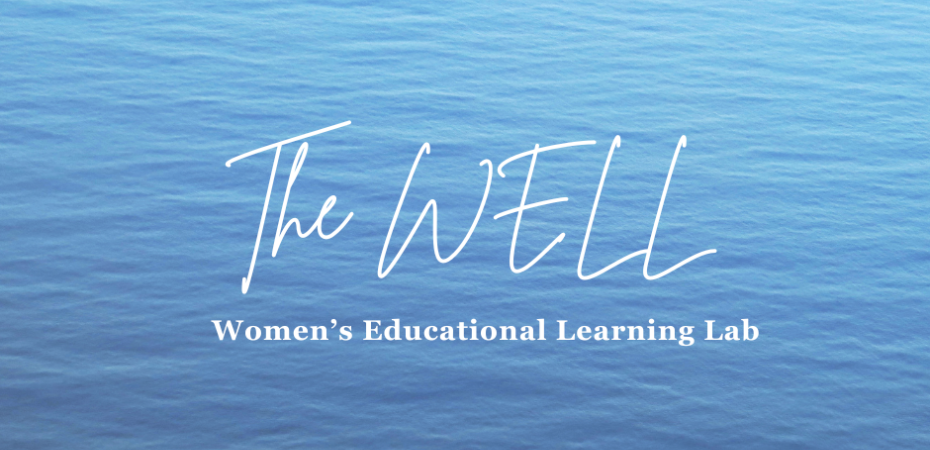
The Women's Center Educational Learning Lab (The WELL) is an interdisciplinary learning lab housed at the Flora Stone Mather Center for Women (FSM Center for Women) at Case Western Reserve University (CWRU). Usually when women’s centers come across challenges that have not yet been sufficiently studied or solved, we use existing research and common practice at other women’s centers to implement programs to support women’s personal and professional success and expand understanding of gender equity in higher education.
The WELL takes a unique approach. By implementing that program as an action research project, we're able to utilize these participatory methodologies to explore and improve our existing programs, create new and innovative programming, and disseminate best practices. This is all done through evidence-based research exploring women’s centers as avenues to advance women and gender equity in higher education.
Approach
A learning lab approach to knowledge creation is an inherently interdisciplinary framework, applying a family of approaches through an action research methodology. Drawing upon the fields of education, sociology, psychology and organizational studies, action research learning labs work to bring about new knowledge and practical change. Focusing on using research for practical applications and action to solve problems, it is uniquely suited to be employed as an approach to improving practice at CWRU and for higher education women’s center on a national scale.
This approach to organizational change has numerous strengths.
“It is situational, involving diagnosis of a problem in a specific context and an attempt to solve it in that context. It is participatory, with team members taking part in implementing the learning for change. It is appreciative, focused on building on the foundation of those practices that are already working well. It is also self-evaluative because modifications are continuously analyzed within the ongoing situation. It is practical, not just research which will hopefully be followed by action. It is action which is researched, adjusted and re-researched by the participants for the primary purpose of improving organizational practice." (Robertson & Chang, 2020)
Since the 1970’s, women’s centers have been a vibrant and important part of higher education’s goal as a public good by supporting women's access to higher education, and fostering a greater understanding and potential for gender equity. Despite their growth and importance to the betterment of higher education, women’s centers and their work are under-researched in higher education. Based on a list compiled by the Mather Center in 2023, there are 381 active women’s centers at colleges and universities across the country, although this number is fluctuating as many centers adapt to institutional and national pressures. Based on areas of program expertise, campus constituents served, and available staff, the FSM Center for Women is the most comprehensive and one of the largest women’s centers in the country. Therefore, the FSM Center for Women in uniquely situated to launch a learning lab approach to work to solve problems and improve practices at CWRU and become a national leader for women’s centers in higher education.
In its inaugural year, the WELL sought to develop an action plan and incorporate these goals into our regular programming. Since its creation, many research initiatives have grown, including multiple pre- and post-doctoral scholars, the development of the Journal for Women and Gender Centers in Higher Education, and the growth of our research brief series. In the coming year, 2024-2025, we aim to:
- Put out the second volume of the journal
- Publish at least two new research briefs on the innovative work being done in the Center
- Grow the audience of our research newsletter
- Support the next generation of researchers through a pre-doctoral scholar and a graduate assistant.
- And present our work on these vital topics at the National Women’s Studies Association conference, NWSA Women’s Center Committee Pre-Conference, and other appropriate forums.

